1. Historical context of the birth of the Communist Party of Vietnam
1.1. International context
Since the end of the 19th century, capitalism has moved from the stage of free competition to imperialism. The imperialist capitalist countries have implemented the policy of: internally increasing exploitation of the working people, externally increasing invasion and oppression of the people of colonial nations. The imperialism of imperialism has made the lives of the working people in the world miserable. The conflict between colonial nations and colonialism has become increasingly fierce. The national liberation movement has taken place strongly in the colonial countries.
Leader VILenin giving a speech in Red Square, Moscow in 1917. Photo from the internet.
In 1917, with the victory of the October Revolution in Russia, Marxism-Leninism from theory became reality, opening a new era in human history; it was the light that guided peoples to rise up and fight for national liberation, class liberation, and human liberation.
In March 1919, the Communist International (Third International) was born, promoting the strong development of the international communist and workers' movement.
For Vietnam, the Communist International played an important role in spreading Marxism-Leninism and establishing the Communist Party of Vietnam.
1.2. Domestic context
– In 1858, French colonialists invaded Vietnam and gradually established a ruling apparatus, turning our country from a feudal state into a colony. The French colonialist policy of domination caused many changes in Vietnamese society.
Politically , the French colonialists implemented a colonial rule policy, depriving the Nguyen feudal government of its internal and external powers. They bloodily suppressed the patriotic movements and actions of the Vietnamese people, and all freedoms were banned. They divided Vietnam into three regions (North, Central, and South) and implemented a separate governing regime in each region.
Economically, the French colonialists colluded with the landlord class to carry out a brutal policy of exploitation, seizing land to establish plantations; plundering resources, along with many forms of heavy and unreasonable taxes; build a number of industrial facilities, traffic systems, and ports to serve the colonial exploitation policy.
In terms of culture, French colonialism carried out a policy of keeping people ignorant, covering up, preventing the influence of progressive cultures in the world, encouraging harmful cultures, distorting Vietnamese history and cultural values, and condoning and maintaining backward customs.
Class differentiation and social conflicts became increasingly fierce. The majority of the landlord class colluded with the French colonialists to exploit the peasants; a portion of the patriotic landlords participate in the struggle against the French in different forms and degrees. Other classes and strata in Vietnamese society all had the status of people who had lost their country and were oppressed, exploited, and suppressed by the colonialists, so they all resented the French colonialists. The fundamental contradiction in Vietnamese society at this time was the contradiction between the peasants and the landlords and feudal classes and the increasingly fierce contradiction between the entire Vietnamese people and the invading French colonialists.
In the face of the French colonial invasion, the uprisings and struggles of our people took place continuously and strongly. However, due to the lack of correct guidelines, organization and necessary forces, those movements failed one after another. The patriotic movement followed the feudal ideology such as the Can Vuong movement ended with the failure of the Huong Khe uprising led by Phan Dinh Phung (1896); the Yen The peasant movement led by Hoang Hoa Tham lasted for 30 years but also did not achieve victory. The patriotic movement following the bourgeois democratic tendency led by Phan Boi Chau, Phan Chu Trinh, and Luong Van Can also fell into a deadlock. The Yen Bai uprising led by Nguyen Thai Hoc also failed... The Vietnamese revolution was plunged into a deep crisis regarding the way to save the country.
2. Nguyen Ai Quoc sought a way to save the country and prepare to find the Communist Party of Vietnam.
When our nation was facing a crisis in the way to save the country, on June 5, 1911, the young man Nguyen Tat Thanh (Nguyen Ai Quoc, later Ho Chi Minh) left to find a way to save the country in a new direction. With a burning desire to gain independence and freedom for the people and the country, Nguyen Tat Thanh defied all dangers and hardships, traveled through many countries in Europe, Africa, and America and came to the truth: Capitalism and colonial imperialism are the source of all suffering for workers and laborers in the mother country as well as in the colonies.
On June 5, 1911, from Ben Nha Rong, comrade Nguyen Tat Thanh left the Fatherland, starting his journey to find a way to liberate the nation and the country. Source: Documents/VNA
In early 1919, Nguyen Tat Thanh joined the French Socialist Party. In June 1919, with the new name Nguyen Ai Quoc, he represented Vietnamese patriots and sent to the Versailles Conference the 8-point Petition of the Annamese People, demanding that the French Government recognize the democratic freedoms and equal rights of the Vietnamese people.
In July 1920, Nguyen Ai Quoc read Lenin's "First Draft of Theses on the National and Colonial Questions" published in the Nhan Dao newspaper and it was from here that he saw the path to fight for true independence and freedom for his nation and his compatriots.
From December 25 to 30, 1920, Nguyen Ai Quoc participated in the 18th Congress of the French Socialist Party as a representative of Indochina. At the end of the Congress on December 30, 1920, Nguyen Ai Quoc approved the establishment of the French Communist Party, becoming one of the founders of the French Communist Party and also the first communist of the Vietnamese people.
Nguyen Ai Quoc at the 18th Congress of the French Socialist Party in Tours, December 1920. Photo: Archive.
From 1921 to 1930, Nguyen Ai Quoc continued to work in the French Communist Party, researching, supplementing and perfecting the ideology of national salvation, while actively propagating Marxism-Leninism in the workers' movement and the Vietnamese patriotic movement. He focused on preparing the organization and cadres, established the Vietnam Revolutionary Youth Association (1925), organized many cadre training courses in Guangzhou, China, and sent cadres to study at the Oriental University (Soviet Union) and the Whampoa Military Academy (China).
Thanks to the tireless work of leader Nguyen Ai Quoc and many revolutionary predecessors, by the end of 1929 and the beginning of 1930, the conditions for the birth of a proletarian party in Vietnam were ripe.
3. Establishment of the Communist Party of Vietnam
Responding to the demands of revolutionary practice, on June 17, 1929, the Northern Region of the Vietnam Revolutionary Youth Association established the Indochinese Communist Party in Hanoi. In November 1929, the comrades of the Central Region and the Southern Region of the Vietnam Revolutionary Youth Association decided to establish the Annam Communist Party. On January 1, 1930, the outstanding representatives of the Tan Viet Revolutionary Party (a predecessor organization of the Party) met and established the Indochinese Communist Federation in Central Vietnam. However, in a country with up to 3 communist organizations, it was inevitable that there would be dispersion in forces and organizations, and that there could be no unity in ideology and action. The historical responsibility was to establish a single communist party, ending the division of the communist movement in Vietnam.
From January 6 to February 7, 1930, under the chairmanship of comrade Nguyen Ai Quoc on behalf of the Communist International, the conference to unify communist organizations to establish the Communist Party of Vietnam was held on the Kowloon peninsula, Hong Kong (China). Photo: Document/VNA
From January 6 to February 7, 1930, the conference to unify communist organizations to establish the Communist Party of Vietnam was held in Kowloon Peninsula, Hong Kong (China) under the chairmanship of comrade Nguyen Ai Quoc on behalf of the Communist International. At the conference to establish the Party, comrade Nguyen Ai Quoc proposed 5 major points to be discussed and agreed upon, first of all self-criticism and criticism, "Abandon all old prejudices and conflicts, sincerely cooperate to unify the communist groups of Indochina". The conference agreed to unify communist organizations to establish a party, named the Communist Party of Vietnam. The conference approved documents include: Brief Platform, Brief Strategy, Brief Program, Brief Charter of the Party and the Appeal of comrade Nguyen Ai Quoc on behalf of the Communist International and the Communist Party of Vietnam to workers, peasants, soldiers, youth, students and all oppressed and exploited compatriots on the occasion of the Party's founding. In which, the Party's Brief Platform and the Party's Brief Strategy reflect the content of the first political platform of the Communist Party of Vietnam. The conference to unify communist organizations has the meaning of the Party's founding congress.
At the 3rd National Congress of the Party (September 1960), it was decided to take February 3 of the solar calendar each year as the Anniversary of the Founding of the Communist Party of Vietnam.
4. Historical significance of the birth of the Communist Party of Vietnam and the Party's first political platform
The birth of the Communist Party of Vietnam with its first political platform opened a new era for the Vietnamese revolution - the era of fighting for national independence and advancing towards socialism. The birth of the Party's first platform determines the most basic contents of the Vietnamese revolutionary path; met the urgent needs of history and became the flag of gathering, uniting communist organizations, revolutionary forces and the entire nation.
The founding of the Communist Party of Vietnam was an extremely important turning point in the history of the Vietnamese revolution, deciding the development of the nation, ending the crisis in the leadership and organization of the Vietnamese patriotic movement in the early 20th century. It was the result of the mobilization, development and unification of the revolutionary movement throughout the country; the meticulous preparation in all aspects of leader Nguyen Ai Quoc and the unanimity of the pioneers for the interests of the class and the nation.
The birth of the Communist Party of Vietnam is the result of the combination of Marxism-Leninism with the workers' movement and the Vietnamese patriotic movement; proving that the Vietnamese working class has matured and is capable of leading the revolution.
The birth of the Communist Party of Vietnam and the Party's advocacy of the Vietnamese revolution as part of the world revolutionary movement has won the great support of the world revolution, combining national strength with the strength of the times to create glorious victories; at the same time, actively contributing to the struggle for peace, national independence and progress of humanity in the world.
According to documents of the Provincial Party Committee's Propaganda Department - Ha Tinh Newspaper
Source: https://vimc.co/buoc-ngoat-vi-dai-trong-lich-su-cach-mang-viet-nam/


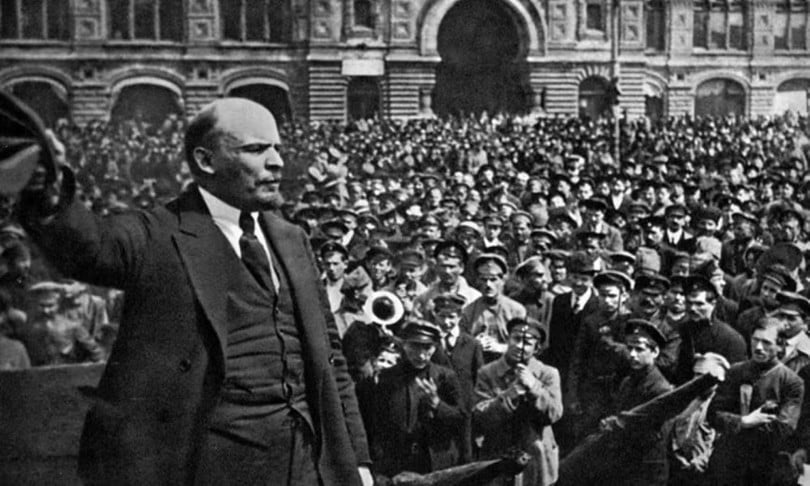
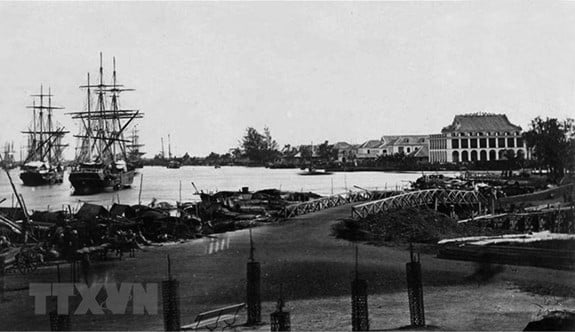
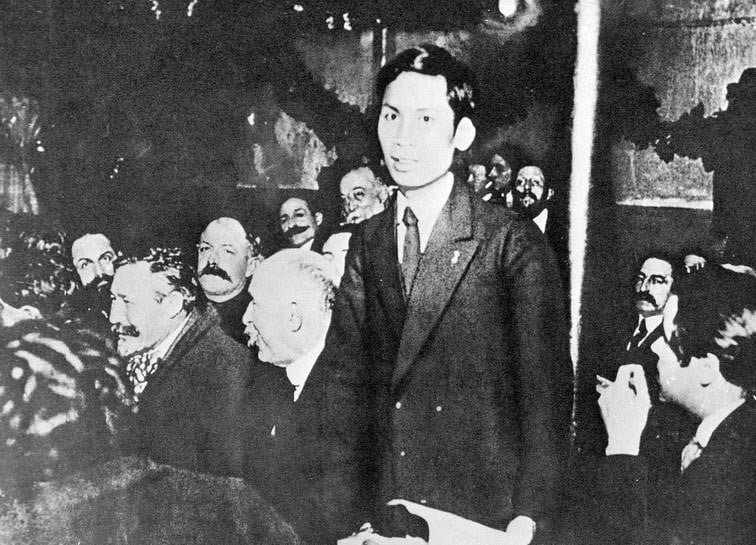
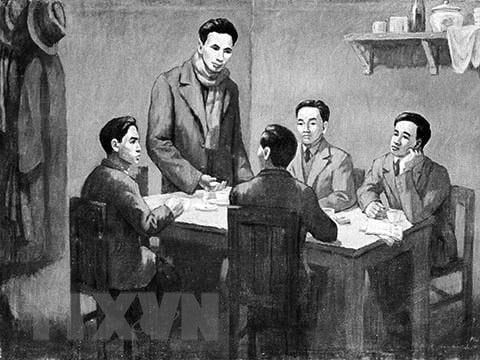



















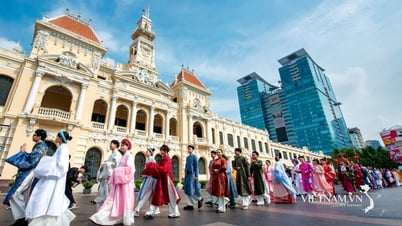
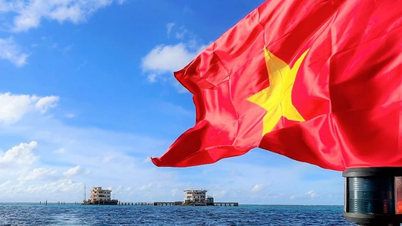

















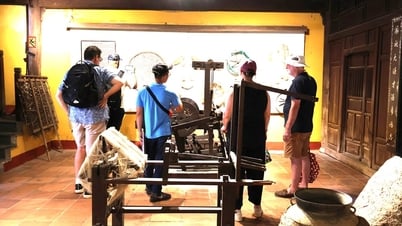


















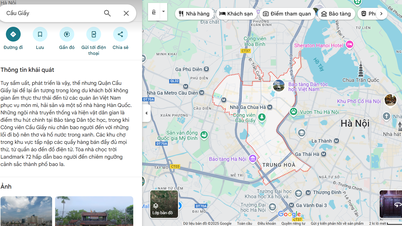



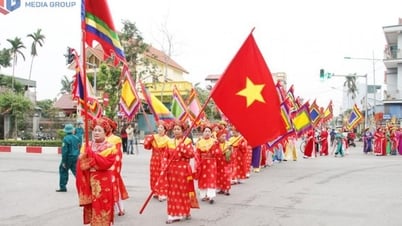

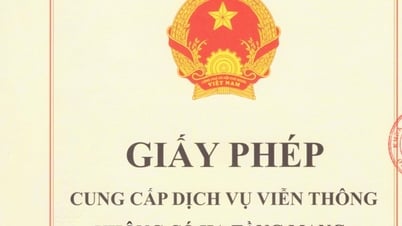




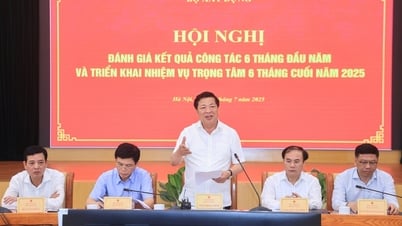





















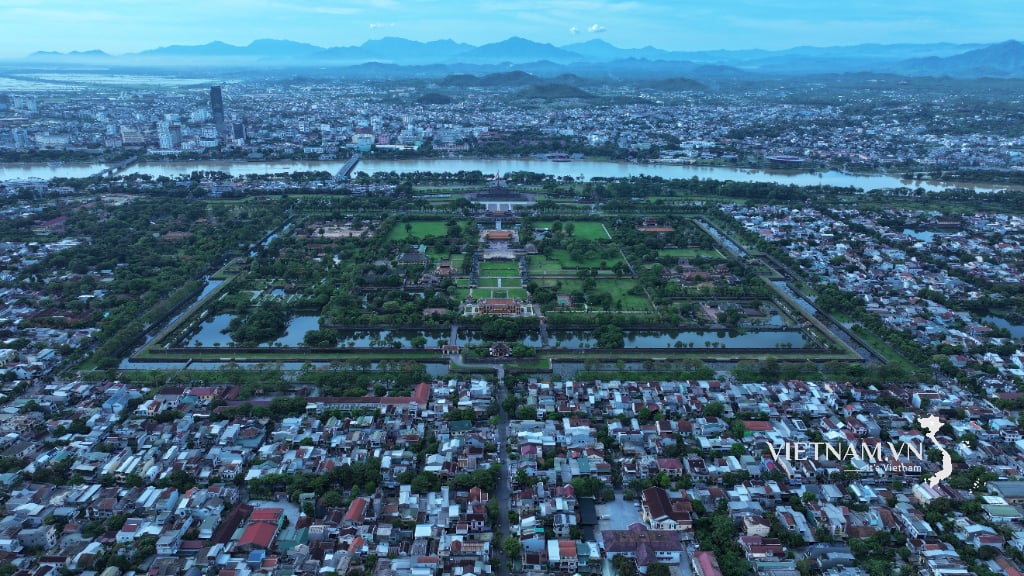
Comment (0)